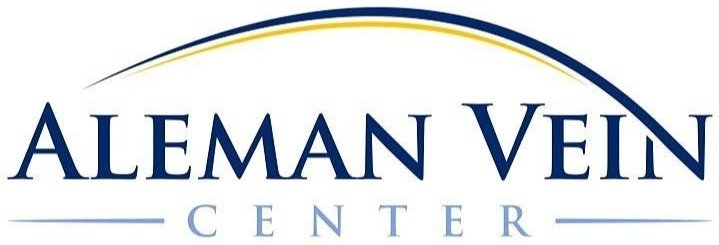Are varicose veins and spider veins hereditary?
Yes, varicose veins and spider veins can be hereditary. If someone in your immediate family, such as a parent or sibling, has had varicose veins or other vein problems, you may be more likely to develop them as well. One general rule of thumb is that if you have one parent who has varicose veins or spider veins, then you will have around a 40% chance of developing spider veins or varicose veins. If both parents have vein disease, then your odds go up to around 80% of developing spider veins or varicose veins. Here at Aleman Vein Center, we frequently treat multiple generations of the same family.
Genetics can influence the structure and function of your veins. For example, if your veins have weaker or damaged valves, you may be more prone to developing varicose veins or chronic venous insufficiency. This can lead to problems such as leg pain, leg cramping, leg swelling, leg rashes or discoloration.
Other risk factors for vein problems include age, gender, obesity, pregnancy, a sedentary lifestyle, and a history of blood clots. While some of these risk factors are not modifiable, others can be addressed with lifestyle changes, such as regular exercise, maintaining a healthy weight, and avoiding prolonged sitting or standing.
If you have a family history of vein problems or are concerned about your risk, it is important to speak with a healthcare provider or a vein specialist who can help assess your risk and recommend appropriate screening and preventive measures.

